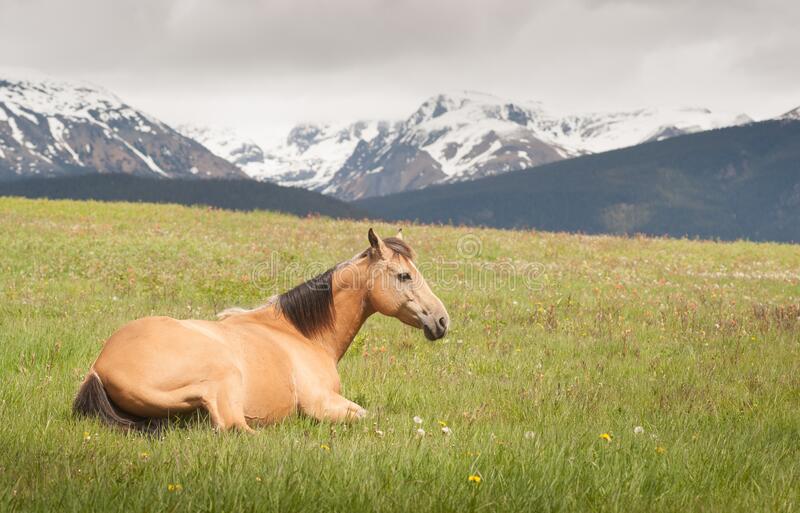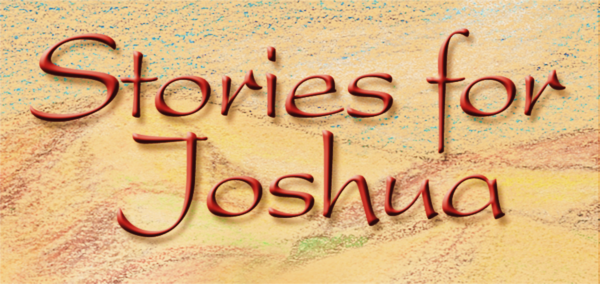
Day 18: Granddaddy was a man of God…
I always respected Granddaddy. He worked hard, was funny, intelligent, and kind. I remember him as being fit, rock hard muscles, and could work circles around anyone and Grandmama had the same work ethic…that’s one reason Daddy was a complete mystery to me, he was the total opposite of them.
One of my favorite memories was sitting on the side porch with Granddaddy while he smoked his cigar…to this day I love the smell of cigars. Grandmama wouldn’t let him smoke in the house, so he had to do it outside. We didn’t talk out there, he was usually thinking or writing something down and I was just a little kid, so not much to talk about but I didn’t care.
I’d like to share more of Granddaddy’s story if you don’t mind. It’s the Spring of 1918 in his first year of his ministry…
After the cool weather at Easter, winter turned rapidly into Spring. The earth that had been frozen for so long, and covered deep with snow, came forth again, clean as a hound’s tooth. The whole earth took on a fresh and virgin look like it might have been the first day of creation. The moon was strong at night. The sun seemed near the earth and trying in its own way to make up for lost time. Owls began to hoot deep in the woods. Pheasants beat their wings on hollow logs at night, making a sound like a far-off motorboat, dragging a heavy log over the bottom of the river.
Nature rose up like a mighty sleeping giant and strode across the valleys and hills leaving a thick green coat of growth. The hard winter of sub-zero temperature, of sleet and ice, had destroyed the usual crop of insects. This allowed the plants to reach maturity rapidly and without handicap.
As the snow and ice melted from the slopes above, Laurel Creek became pregnant with a new life. The clear crystal waters purified by nature, moved down through the Doughton meadows, by the farm of John Cox and on towards a wider opening of New River. Life was once again fresh and the whole world was young.
The barnyard chickens began to increase their range of forage after having been closed in for the winter. The extra growth of hair gave the horses a shaggy appearance. They were soon neatly trimmed and presented a more pleasing look. All animals that had been stuffed with dry roughage during the winter, now moved out across the green earth, to get an equal share of the ever-increasing food supply.
Many birds died during the hard winter, mostly from starvation, but there were many who survived. Those that survived came forth with beautiful color in their plumage. Never have I seen more red in the Cardinals or blue in the Blue Birds. For the surviving however, both the animals and the people, it was worth the hardships involved just for the opportunity of walking over a clean, fresh earth and to feel the balm of the noonday sun once again.
The churches over the Circuit were reopened for the regular monthly preaching appointments. For the month of May, I walked to each engagement. It was usually on Saturday afternoon, having supper, spending the night, preaching the next day and then returning home at night. The preacher could stay just anywhere in the community or even at the houses along the way. Everyone expected to give you a meal and lodging for the night.
For the most part, everyone was glad to have the preacher to come and stay with them. They thought of him as a holy man and one who knew the great mysteries of life. Then too, they knew that he always had news from the other parts of the countryside that he could share since they had no other line of communication. They talked to me searching for information and also for more strength to live their lives. They did not know it, but I received much more from them than I was ever able to give in return.
Walking to the appointments soon became a rugged task. It required more energy and determination than did the whole preaching program. I usually went on an empty stomach as rations were always lean at the parsonage. It was imperative to leave enough food to make up two meals during my absence, so my wife had enough to eat. Had a hunger strike been proclaimed by the President, who usually proclaims a day for every kind of project, my wife and I would have outlasted even the strongest in the County that is if the adage “Practice makes Perfect” is true.
Good old Doc McMillan of Chestnut Hill, saw my plight and took me under his wing. He started talking about a horse but even before he had said a single word about it, arrangements had been made to get one for me. I was to pay sixty-five dollars for the deal, which was an honest bargain, and I was allowed plenty of time to pay the debt off. Later that summer I hired myself out to work in the grain harvest and paid off the horse, a western saddle (another thirty-five dollars) and some saddle bags to carry my things in. With this outfit, I rode in style to conquer the northwest corner of my world and be a real Curcuit Rider.
I named my horse Kate; she was a Bay Mare about seventeen years old and weighed about nine hundred pounds. She was a mountain horse brought up on the river and knew all the fjords that must be crossed. Each fjord had a white rock on either side of the riverbanks, so you knew where to cross. I would get on Kate, and she would take me across safely.
About eight o’clock, on June 15th, 1918, I went for the doctor. Our first baby was about to be born. I rode Kate across the ridge, about one mile distance to get Doctor Everette Reeves, the only Doctor in the radius of seven miles. It was just dusk, and the old Doc had just come in from his days visit to patients down at Roans Creek. I told my story with the same sort of enthusiasm that one might do when running with his tongue hanging out, calling for help to put out a fire.
Old Doc walked about quietly, getting ready to go in the house for supper. He told me to ride on back and he would be on sometime later. But I asked what if the baby was born before he arrived then what? He said not to worry about that, the first one is never born without the doctor. So, I returned rather puzzled about the whole thing. About two hours later, he came riding his tired horse, just walking along as if he was going nowhere in particular.
About eleven thirty, the baby was born. He weighed about 10 pounds. We named him David Arthur Clarke Jr. This added to our responsibility, but the baby was fine in every way.
About a month later, on July 13th, Kate and I began a sixty-mile trip to our District Conference for the Methodist Church which took me two days. It rained all the way there, but I wore my fishbrand slicker coat which came down to my feet and a Southwestern hat that shed the rain off my head. For the most part Kate and I remained dry and comfortable.
On the first night, I rode up to the only house I saw in a place called Elkland and a lady took me and my horse in at no charge since I was a preacher. This was the first time I began to realize the sympathy most people had for the poverty of a preacher. On the second day we arrived at the District meeting. I was housed and fed while at the meetings for which I was very grateful.
Everyone there was asked to speak their mind and I had no intention of doing so, until I was called on by the Bishop to give a report of my work. The most natural thing for me to do was to think about the near starvation my wife and I faced and so I aired it all. The arrogant Mr. Scott, a native of the local area, stood up and rebuked me, denouncing all that I had said. I immediately confirmed that what I said was true. Maybe it wasn’t that way for the well-fed Mr. Scott, but it was so in my area.
I returned to the Parsonage about dusk on July 16th. Agnes met me in the yard with our baby in her arms. There was a worried look on her face because the baby was really sick. I got back on Kate and rode to Doc Reeves house. This time he came without delay. We realized for the first time that he was helpless with his meager knowledge of treating diseases. He did all he could and remained with us through the night. Before daybreak on the next morning July 17th, our baby died in my arms.
Later, Granddaddy, says someone brought them a small white casket to bury the baby in and they took it to the train station and went all the way back to Granddaddy’s hometown of Thomasville, NC about 100 miles away, to bury their child. Sadly, only a few locals checked in to see how they were doing, and no one offered food or help. It was a lonely time for them, but they never faltered from their mission to make God known.
As hard as their lives were, to me, they were always the hardest working and kindest people I knew, and I am very thankful for their lives.

Recent Comments